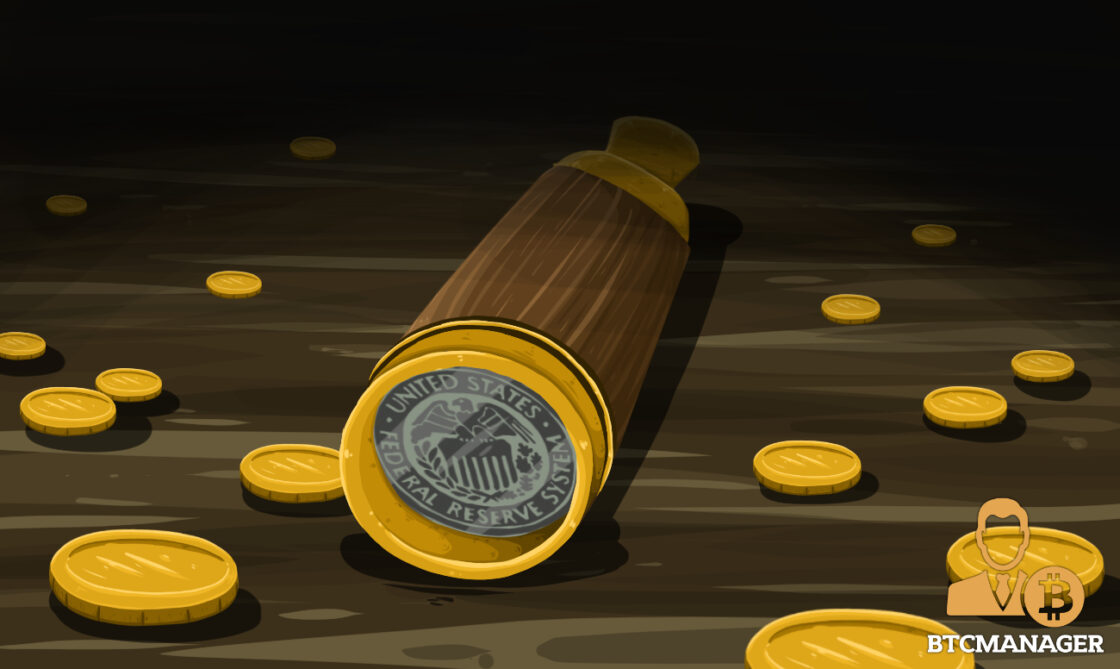PALO ALTO, Calif. (Reuters) - The Federal Reserve is taking a look at a broad series of problems around digital payments and currencies, including policy, style and legal considerations around possibly releasing its own digital currency, Governor Lael Brainard stated on Wednesday. Brainard's remarks suggest more openness to the possibility of a Fed-issued digital coin than in the past." By changing payments, digitalization has the potential to provide greater value and benefit at lower expense," Brainard said at a conference on payments at the Stanford Graduate School of Business.
Main banks globally are discussing how to handle digital finance innovation and the dispersed journal systems utilized by bitcoin, which promises near-instantaneous payment at potentially low expense. The Fed is establishing its own round-the-clock real-time payments and settlement service and is currently examining 200 remark letters submitted late last year about the proposed service's style and scope, Brainard said.
Less than two years ago Brainard told a conference in San Francisco that there is "no compelling demonstrated requirement" for such a coin. But that was before the scope of Facebook's digital currency aspirations were extensively understood. Fed officials, consisting of Brainard, have actually raised issues about consumer protections and information and personal privacy hazards that could be posed by a currency that might enter into use by the third of the world's population that have Facebook accounts.
" We are teaming up with other central banks as we advance our understanding of central bank digital currencies," she https://s3.us-west-2.amazonaws.com said. With more nations looking into releasing their own digital currencies, Brainard stated, that adds to "a set of reasons to likewise be making certain that we are that frontier of both research and policy development." In the Visit this link United States, Brainard said, problems that need research study include whether a digital currency would make the payments system more secure or easier, and whether it might posture financial stability dangers, including the possibility of bank runs if money can be turned "with a single swipe" into the central bank's digital currency.

To counter the monetary damage from America's extraordinary national lockdown, the Federal Reserve has taken unprecedented actions, consisting of flooding the economy with dollars and investing straight in the economy. Most of these moves got grudging approval even from lots of Fed skeptics, as they saw this stimulus as needed and something just the Fed might do.
My new CEI report, "Government-Run Payment Systems Are Hazardous at Any Speed: The Case Against Fedcoin and FedNow," information the threats of the Fed's present plans for its FedNow real-time payment system, and proposals for central bank-issued cryptocurrency that have actually been dubbed Fedcoin or the "digital dollar." In my report, I discuss issues about privacy, data security, currency control, and crowding out private-sector competition and innovation.
Supporters of FedNow and Fedcoin say the government needs to develop a system for payments to deposit instantly, rather than encourage such systems in the private sector by raising regulatory barriers. But as kept in mind in the paper, the economic sector is supplying an apparently endless supply of payment technologies and digital currencies to resolve the problemto the level it is a problemof the time space between when a payment is sent and when it is gotten in a bank account.
And the examples of private-sector innovation in this area are many. The Cleaning House, a bank-held cooperative that has been routing interbank payments in different forms for more than 150 years, has actually been clearing real-time payments given that 2017. By the end of 2018 it was covering half of the deposit base in the U.S.